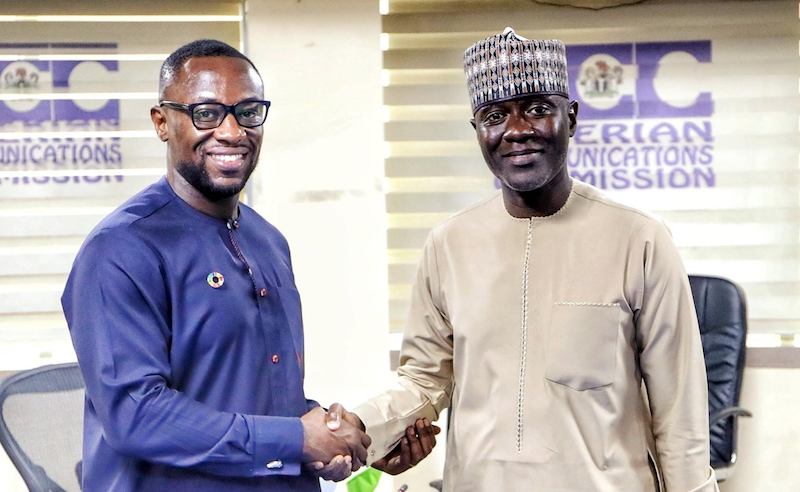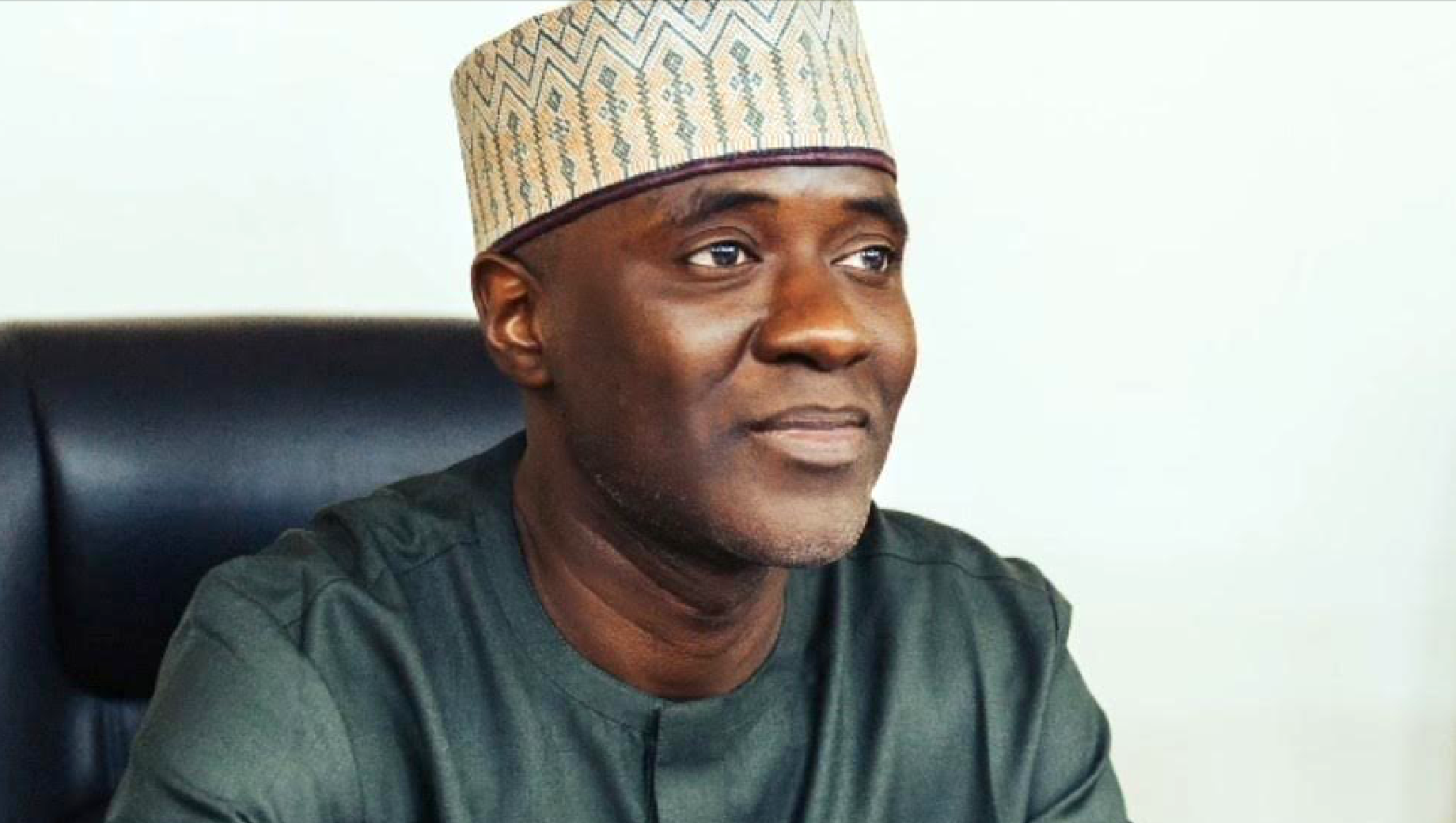Those who bragged that President Bola Ahmed Tinubu wasn’t feeling the heat from the cases at the Supreme Court, became lying knaves last week when the president, in a relieved response to his victory, told some of the political appointees who came to celebrate with him that they too should be happy because their jobs are now secured.
What a very sincere response! Just the classical case of ‘’monkey sweats, Leje, but only the hair on its body’’, as Prof Femi Osofisan would put it in one of his plays. As it turned out now, the president was sweating profusely but had enough braggadocio to cover up his worries. This time, we go back to Chinua Achebe, who, in his characteristic way, put it very succinctly: ‘’Let the kite perch and let the eagle perch too. If one says no to the other, let his wings break.’’
Can there ever be such peace in our clime or Pyrrhus has simply gone on a battle? Always, I am for peace. Let those who advocate the contrary have their wings broken, as Achebe has said.
However, my motivation for writing this material is to state very clearly that three of those appointees who should enjoy a whiff of relief because of the security of their new positions are: Bosun Tijani, the Minister of Communications, Innovation and Digital Economy, Dr Aminu Maida, Executive Vice Chairmen of the Nigerian Communications Commission (NCC) and Mr Charles Ebuebu who is the DG of the National Broadcasting Commission (NBC).
They attract my interest because they feature in the strategic industries of telecommunications and broadcasting where I have worked and maintained sustained advocacy over the years for a better ecosystem where all stakeholders could earn and retain their shared values and dues.
Before the security of their jobs last week, it is heart-warming to alert their boss, the president, that the three aforementioned have already hit the ground running, as the cliche runs in Nigeria, except that so many top government functionaries have hit the ground running in the past without tangible results. From some of their statements, there is a likely awareness of the exigent times which demand a deep core commitment to right so many things that are in deficit in order to make their respective sectors better.
One of the troubling headaches of the telecommunications industry at the moment is poor quality of service. Especially in recent times when telecoms regulation went in abeyance, it is difficult to sustain a call (conversation) for about three minutes without a drop. Of course there are so many reasons to adduce: challenging operating environment which includes poor economic decisions, insecurity, very clumsy forex management, poor regulatory decisions, Right of Way (RoW) challenges, multiple taxation and a receding trust in government’s commitment to obeying investment decisions, especially foreign direct investments (FDI), among others.
The flipside is that for an industry that has operated at peak level for twenty two years, it is difficult to continue to plead excuses. As my old man would say, it is only the lazy farmer that would attribute failure to his farming implements. The telecoms subscribers in Nigeria need action and improved service delivery and not excuses about the Nigerian operating environment that has nearly turned inside out.
The comforting development is that both the Minister and the EVC have already identified poor quality of service as a major industry concern and have pledged to tackle it frontally and deliver relief to the subscribers.
Speaking to the senior management team of the NCC, Maida said: ‘’As such, we would align with this aspiration to increase broadband penetration to 70 per cent and to cover 90 per cent of the population by 2025. Therefore, we need to build a reliable telecom industry with impressive quality of service (QoS) indicators with the quality of experience (QoE) as our watchword and ultimate goal. This also requires us to address a number of issues such as the Right of Way (RoW) challenge, ensuring security of our telecom infrastructure, among others. Efforts must be made to significantly improve service delivery by ensuring the NCC is performance driven.”
While I wish the EVC luck, I want to observe that his position is purely aspirational as the foundation figures upon which his expectations are built, are products of guesstimate from a regulator that was becoming reckless with facts.
However, Maida’s position seems to flow directly from the Minister’s plan for the ministry and industry released in a 31-page document. Under the section of National Policy on Telecommunications, he observed that core issues such as spectrum management, convergence, universal access, broadband penetration, net neutrality and Quality of Service (QoS) have morphed significantly from when the last policy was issued while pointing out that a digital economy such as the present administration promises, requires a deepening of access to telephony and broadband services for the underserved and unserved.
The Minister pledged that his ministry will drive the review of the Telecoms Policy to account for these core issues.
This is good thinking from a ministry and a regulator that had worked across purposes with a vauntingly ambitious minister swallowing up the regulator in a most audacious display of greed, shame and crowning incompetence. Both Tijani and Maida have promised to work with each other to enable the nation benefit from the ever expanding opportunities in the telecommunications industry.
They are both young and learned. They have set targets for themselves as a clear departure from amorphous postulations of the past. One can only pray, may this not be hope deferred!
The new boss of the NBC, Ebuebu, who brings up the rear had a most fortunate introduction into regulatory responsibilities, courtesy of AFRICAST which held in Lagos. Just within a week of his appointment, he was speaking to the West Africa Broadcast Regulatory Authority Network (WABRAN) at a pre- Africast event where he canvassed the importance of cooperation and coordination among the broadcast regulators in the sub region.
The lawyer in him was quick to point out that “Drafting Guidelines for Social Media Regulation in West Africa,” will pose serious challenges and may elicit both positive and negative influences.
However it was the AFRICAST opening ceremony that provided him with the veritable platform to put his NBC agenda on display. Speaking to broadcast operators, equipment manufacturers, equipment vendors, exhibitors, content creators and consumers, Ebuebu stated as follows: that the NBC, under his stewardship, would embark on a transformative journey that is focused on enhancing the entire value chain – from content creation, all the way to consumption; establish a regulatory framework that fosters innovation and growth in the broadcast sector; forward looking regulation to ensure that content creators are appropriately rewarded; eliminate of entry barriers into the broadcast industry; work with other relevant government agencies to development regulations that can curb the excesses of the Social Media, and ensure the completion of the Digital Switchover (DSO) process.
There is no doubt that Ebuebu connected with the right words and may even soon begin to build a strong following, thanks to the AFRICAST platform. But there are quite a few areas that will blow right on his face and spew up a welter of controversies.
For all three of them – Tijani, Maida and Bosun, they all seem to have a clear definition of their assignment. But as they say, words are cheap. What seems to be the immediate challenge however, is for them to transcend the lure of words and focus on the low hanging fruits that may yield immediate results for a people that are too tired waiting in the queue for promised dividends of democracy.



